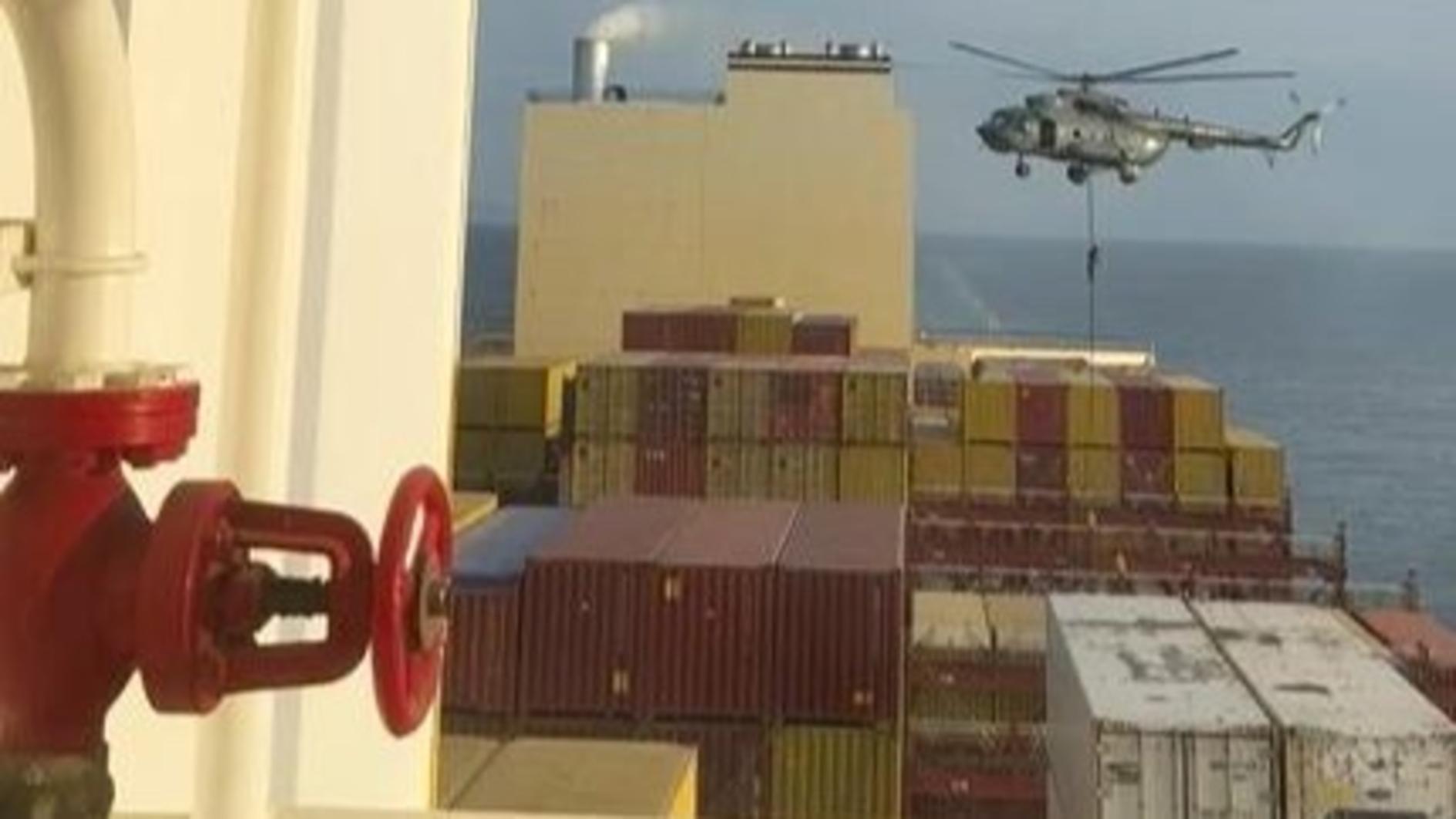Who needs philosophy?
In our relations with Europe, are we rational and moderate or are we excessively sentimental? Maybe we should say epic/heroic instead of sentimental…
When we come across a problem, do we analyze it and look for ways to solve it? Or do we rage and consider them enemies?
One of my readers wrote that Europeans were posing before the pope and acting with the spirit of the crusaders, also asking, “Do we need a load of philosophy to fool our own selves?”
Remembering the words of Justice Minister Bekir Bozdağ on March 17, “Europeans do not want a strong and stable Turkey. They do not want a Turkey with a thriving economy…”
Well, good, but where do we put the words of President Recep Tayyip Erdoğan praising the EU process and telling us that this process will make a huge contribution to the development of Turkey’s economy and democracy?
Could it be that the ruling Justice and Development Party (AK Party) thought the EU journey was very beneficial for Turkey at the beginning but then realized afterward that Europe does not want a “stable and economically strong Turkey?”
We could make a long list of statements of praise from the government on the EU process, but let us look at these words of Deputy Prime Minister Mehmet Şimşek uttered five months ago: “We have no other choice but to continue our loyalty to Europe,” (Nov. 1, 2016).
Let us not forget that 70 percent of the $600 billion foreign capital arriving in Turkey was of Western origin; this was attracted by the legal and democratic environment created by the EU process.
There is no need to fall for animosity or for love. The way to find the truth passes through this question: Are the economic, political and legal relations with Europe beneficial or harmful?
We should be able to do a cost/benefit analysis.
For some time, some have been mentioning a “crusader alliance.” Remember the European deputies who filled the European Parliament with Turkish flags in their hands in 2004 when Turkey’s accession talks started? They wanted a multicultural, multi-faith Europe, not a Europe of crusaders…
Yes, the populist and authoritarian far-right is rising, but not all of Europe is like this. Those circles Turkey have good relations with are still strong. Turkey can do this by developing a democratic stance against the extreme right of Europe.
If we look at ourselves from this point of view, PACE was about to make a similar decision on Turkey in January, but the government stepped in to prevent this. With a decree on Jan. 23, a commission was formed so that the complaints of the victims of the state of emergency could be reviewed; in this way, a path to challenging administrative and legal decisions would also be opened.
After this, PACE decided not to proceed, and Ankara was relieved.
Thorbjorn Jagland, the secretary-general of the Council of Europe, and the European Court of Human Rights (ECHR) issued very positive statements and remarks with the hope that the government would set up a working commission.
What happened next? Three months have passed and the commission was not formed.
Thus we come to the “philosophy” issue: Instead of reviewing issues with the blueprints that exist inside our minds and with epic sentiments, we have to be able to look at them with analytical and rational thinking; we have to be able to base our thinking on knowledge and information… Only by doing this can reach a correct point of view.











